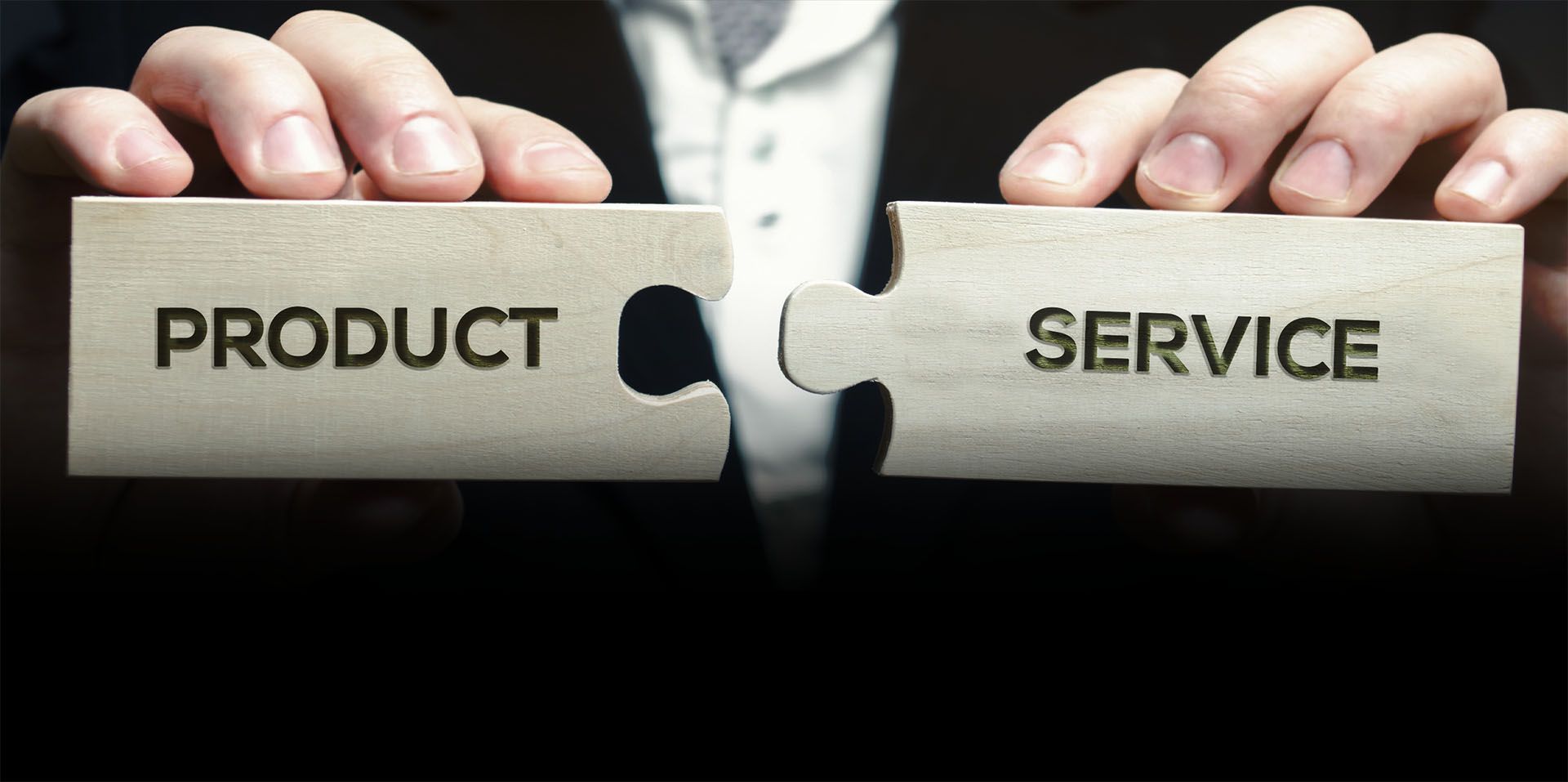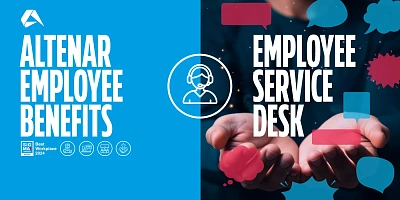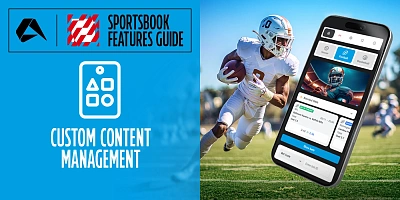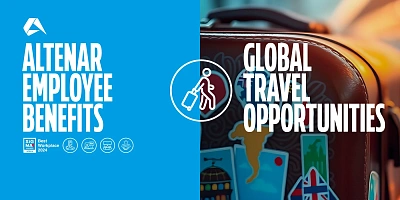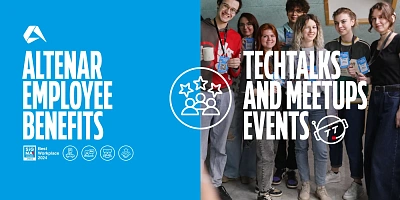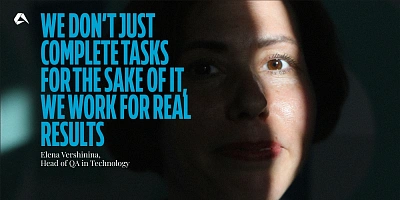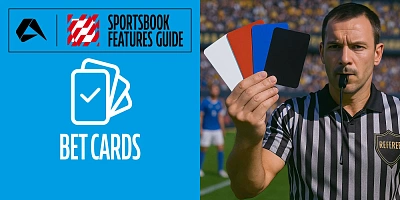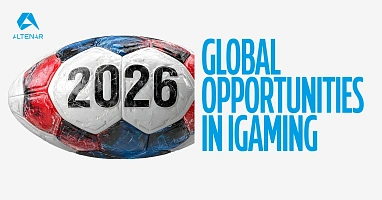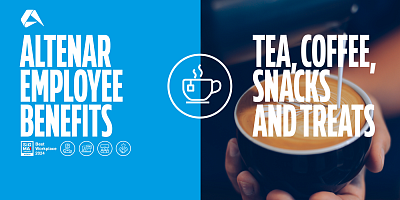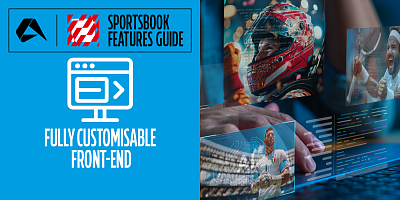It’s important to distinguish product from service, said Microgame’s Marco Castaldo, as a panel of CEOs from leading sports betting and gaming suppliers discussed the best ways to work with operators across multiple jurisdictions.
Speaking at Betting on Sports Europe – Digital during the ‘Market Fragmentation – Supplier CEO Panel’, sponsored by Altenar, Castaldo responded to opening remarks from session moderator Rory Anderson, a consultant for 12Bet.
Asked about finding the right balance between streamlined tech and localization—and whether the dot-com product is a thing of the past for sports betting—Castaldo said: “It’s not all black and white.
“If the question is how to provide a multi-jurisdictional product, the first thing to recognize is that this trend toward market fragmentation is reshaping the B2B business model. You need to separate the components that can be shared across jurisdictions from those that must be strictly local.
“To do this, it’s important to distinguish product from service, and for the B2B supplier to clearly define what kind of offering they’re delivering to customers. On the product side, you’ll find local specificities—for example, multichannel is a big deal in Italy, so if you don’t have a multichannel setup, it’s difficult to be competitive in that market.
“There are also local compliance complexities that require strong, local support and service. If you present your offering not as just a product or a feed, but as a comprehensive service, you’re offering something far more compelling in regulated markets.”
This concept of adding local value on top of a core product was echoed by Aspire Global CEO Tsachi Maimon, who said: “It’s becoming much more difficult for operators in regulated jurisdictions, and they are increasingly looking for added value in the product itself. Many operators are requesting these additional services.
“This is something suppliers can deliver—whether through call centers, QA services, or any extra tools that help operators localize their offering while keeping costs down.”
For Altenar CEO Stanislav Silin, the key is offering a ‘hybrid’ product that merges advanced technology with essential localization. “Your goal is to have the most unified or streamlined tech possible, while also delivering a product that reflects local traditions, regulatory needs, and cultural differences,” he said.
“So it’s a hybrid. That’s why operators and B2B suppliers need tech that’s flexible enough to adapt, supported by a deep understanding of specific markets.”
Warren Russell, Founder and CEO of W2 Global Data, agreed: “It’s a hybrid approach now. It’s about collaborating with subject matter experts or in-country specialists and taking more of a platform-based, tailored approach. There’s no one-size-fits-all solution.
“As consumers, suppliers, merchants, and operators—whatever the role—we all want choice. That unfortunately means operators need to be ready to work with multiple suppliers and accommodate various regulatory requirements across jurisdictions.
“There are two paths: either become the expert yourself or partner with local experts and approach the market with an aggregator mindset.”
Betting on Sports Europe – Digital is the leading conference for senior executives from European sports betting operators. It serves as a high-level forum for shaping the industry's future through strategic discussion and collaboration.
This fully virtual event brings together key players from across the continent on a single platform to share best practices for tackling industry challenges and to explore emerging opportunities.
